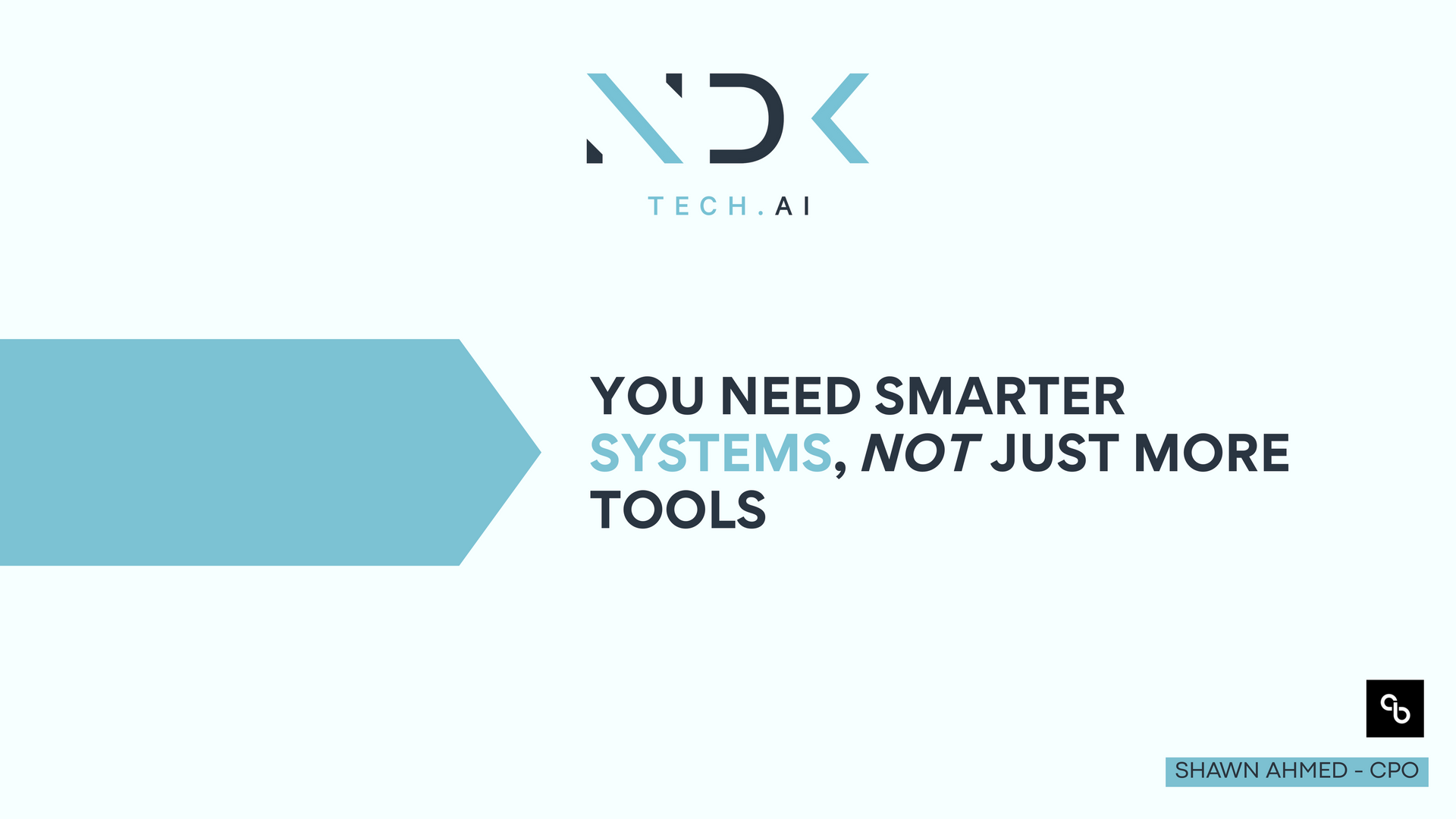This is a subtitle for your new post
Competing for top tech talent has never been more challenging. For scaleups and ambitious SMEs, going up against the likes of Google, Amazon, or Meta can feel like entering a race where the other competitors have jetpacks. With sky-high salaries, global name recognition, and increasingly extravagant perks, Big Tech can be a daunting rival. But here’s the reality: you don’t need their budget to win their candidates.
In fact, individuals are actively seeking more than compensation, they’re looking for purpose, agility, and impact. We speak to top-tier tech professionals every single day from engineers to product leaders and we’re seeing a clear shift in what truly motivates them.
While compensation still matters, it’s no longer the only driver. The pull factors? Mission-driven work, fast-moving environments, and meaningful equity. The push factors? Bureaucracy, lack of ownership, and feeling like just another cog in the machine. In fact, a 2024 LinkedIn survey found that 61% of professionals would take a lower salary to work for a company whose mission they genuinely believe in, a trend we see playing out daily, especially among Gen Z and Millennial candidates who are the most active job-switchers in the market right now.
So, what does this mean for fast-growing businesses looking to scale? It means the opportunity is wide open; if you know how to tell your story. Big brands can offer prestige, but they often struggle to offer transparency. As a smaller, fast-moving company, you have the advantage of authenticity. Candidates want to understand who they’ll be working with, what they’ll be building, and whether their contribution will be visible. Your employer brand doesn’t need to be perfect but it does need to be honest. Sharing the journey, the wins, and even the growing pains can make your company feel more real and far more appealing than the faceless processes of a corporate giant.
Another huge differentiator is equity. While you may not be able to compete on salary alone, you can offer meaningful ownership. For ambitious candidates, the entrepreneurial type who want a stake in what they’re building, this can be a game-changer. In a world where talent is mobile and long-term loyalty is rare, equity, when paired with a strong mission becomes more than just a financial incentive. It becomes a signal of trust and shared ambition.
Speed is another area where scaleups have a clear upper hand. While Big Tech recruitment can be slow and bloated, high-growth companies can often move from CV to offer in a matter of days. This agility doesn’t just impress candidates it builds momentum. Especially in competitive markets like AI, engineering, and data science, the ability to move fast can be the difference between hiring an A-player and losing them to someone else’s pipeline.
Perhaps the most overlooked aspect, though, is what candidates actually value over comp. Sure, financial rewards matter. But so does team culture. So does flexibility. So does the opportunity to learn, make decisions, and have autonomy from day one. A 2023 report from PwC showed that 71% of tech professionals cited “skills development and growth opportunities” as their top reason for joining a new company ahead of salary and benefits.
What this tells us is clear: the new generation of tech talent isn’t just shopping for the highest bidder. They’re looking for environments where they can grow, be heard, and do meaningful work. Scaleups, with their lean teams, fast decision-making, and high levels of ownership, are often perfectly positioned to provide exactly that.
So no, you’re not Google. And that’s a good thing. Because the best talent out there doesn’t just want a big logo on their CV, they want to build something that matters, they to be part of a story, and they want to be a part of telling it.












